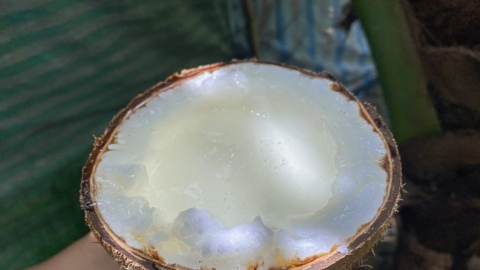Garlic
Numerous studies have shown that garlic possesses antibacterial and antiviral properties. Garlic helps stimulate the production of white blood cells in the human body and acts as an antioxidant. We can eat garlic directly or add it to dishes as a spice.
Ginger
Ginger's properties include reducing inflammation, relieving sore throats, and alleviating various inflammatory conditions. It's also used to reduce nausea. Furthermore, ginger extract helps fight viruses and bacteria. It can also help reduce chronic pain and lower blood cholesterol.
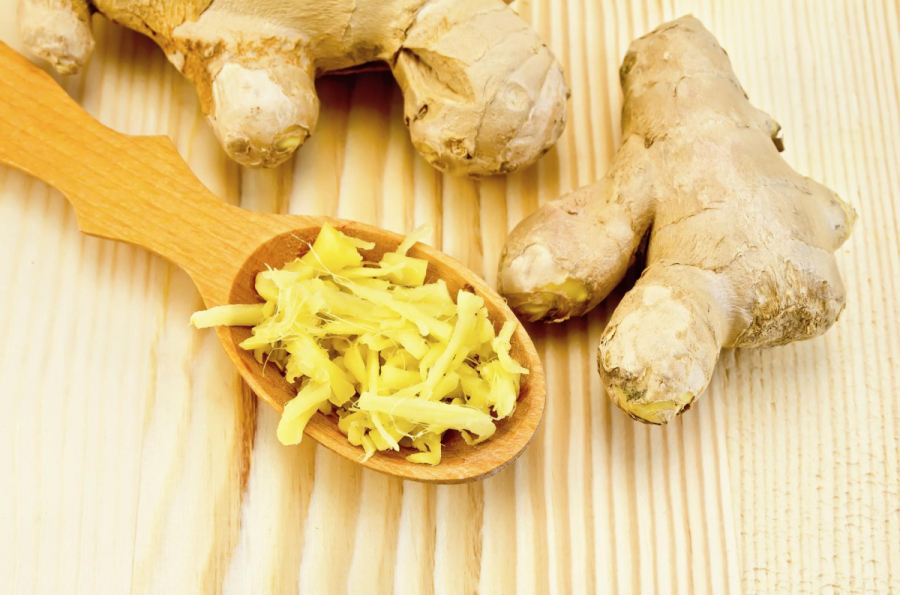
Turmeric
This yellow, spicy, and bitter spice is used in many remedies due to its anti-inflammatory properties, particularly in the treatment of osteoarthritis and rheumatoid arthritis. Research suggests that high concentrations of curcumin, which gives turmeric its characteristic color, may help reduce muscle damage caused by exercise.
Nuts
Nuts are high in protein and are also excellent for a healthy diet, rich in vitamin E, omega-3 fatty acids, and antioxidants – all beneficial for the body's immune system. By regularly consuming nuts, your body can fight off several chronic diseases.
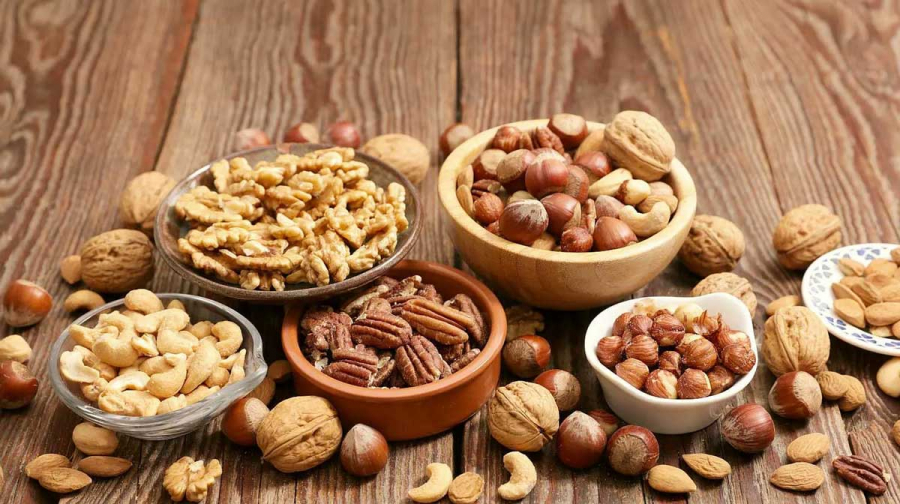
Egg yolk
Egg yolks are extremely high in protein, zinc, selenium, and other essential minerals. They help boost the immune system and overall health. Note that egg yolks also contain a high amount of cholesterol, so they should be consumed in moderation and not in excessive amounts.
Shellfish
Crabs, clams, mussels, shrimp... are rich in zinc, so they are included in the list of foods that are good for the immune system. Zinc acts as a catalyst to activate other nutrients, thereby strengthening the immune system.
However, the body doesn't need excessive amounts of zinc. Adult men only need 11mg per day; for women, it's 8mg. Excess zinc is dangerous as it can suppress immune system function.

Shiitake mushrooms
Many types of mushrooms contain nutrients that are good for health, helping the body produce white blood cells and making these cells healthier and more active.
Shiitake mushrooms are rich in protein and especially abundant in minerals and vitamins such as vitamin C, B vitamins, provitamin D, calcium, niacin, aluminum, iron, and magnesium. They contain approximately 30 enzymes and all the essential amino acids the body needs (those that the body cannot synthesize). Researchers have found selenium and antioxidants in the mushrooms. High levels of vitamin B and niacin also play a crucial role in maintaining a healthy immune system. Several studies have also demonstrated the mushrooms' antiviral and antibacterial properties.
Cauliflower
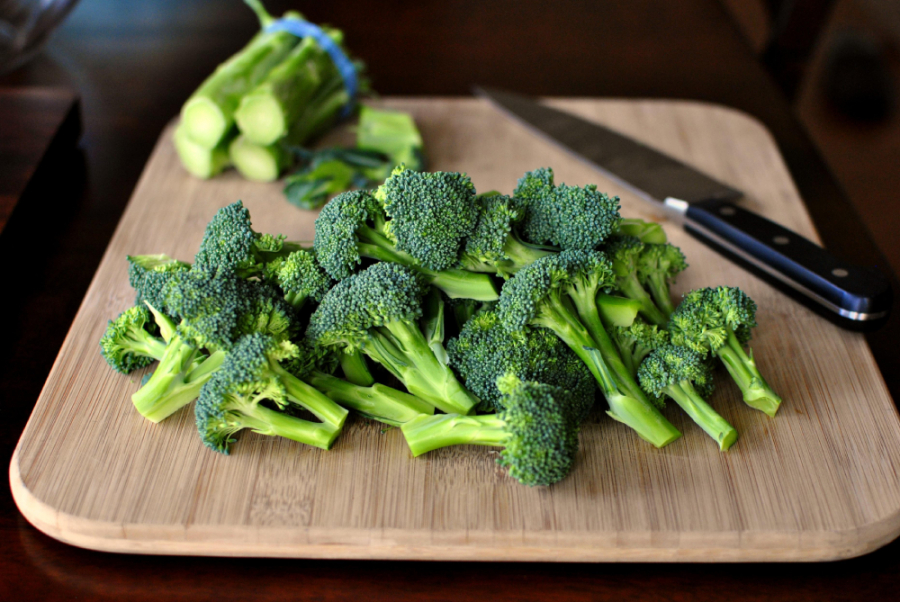
Cauliflower, a cruciferous vegetable, is rich in antioxidants and key to improving health. It contains choline, a substance that helps cells and the digestive tract function better. The glutathione in cauliflower helps the body ward off disease. If you suffer from chronic inflammatory conditions like arthritis or gout, eating cauliflower is one of the best solutions because it contains the flavonoid kaempferol – an effective anti-inflammatory agent.
Citrus fruits
Most people tend to take vitamin C after catching a cold, simply because this vitamin helps build up your immune system. Vitamin C is thought to increase the production of white blood cells, which are key to fighting infection.
Because your body doesn't produce or store it, you need to get it from food. Citrus fruits, which are a rich source of vitamin C and fiber, would be a good food to include in your family's meals.
Yogurt
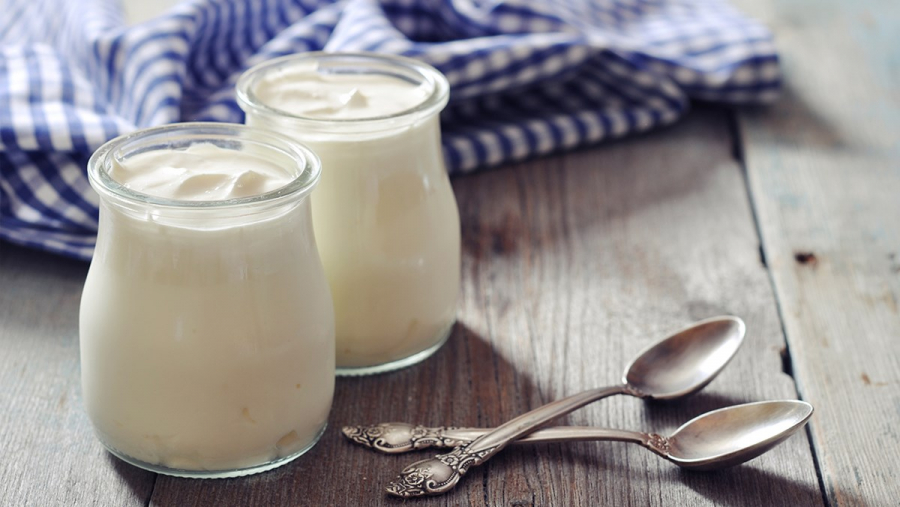
Yogurt contains live bacteria that help protect the gut against any digestive disease, while also building a strong immune system. It helps prevent the common cold. Certain micronutrients found in yogurt have been shown to help fight certain diseases, even cancer.
Honey
Honey contains antioxidants, which are good for the immune system. Honey is also commonly used to protect the throat and treat symptoms associated with respiratory infections such as coughs and sore throats.
Tea
Both green and black tea are rich in polyphenols and flavonoids, which help boost your body's immunity. In addition, they also possess several other outstanding antioxidants such as EGCG.

EGCG has been shown to help boost immune function. Additionally, tea is also a source of the amino acid L-theanine. This compound aids in the production of antimicrobial compounds in your T cells.

 VI
VI EN
EN





















